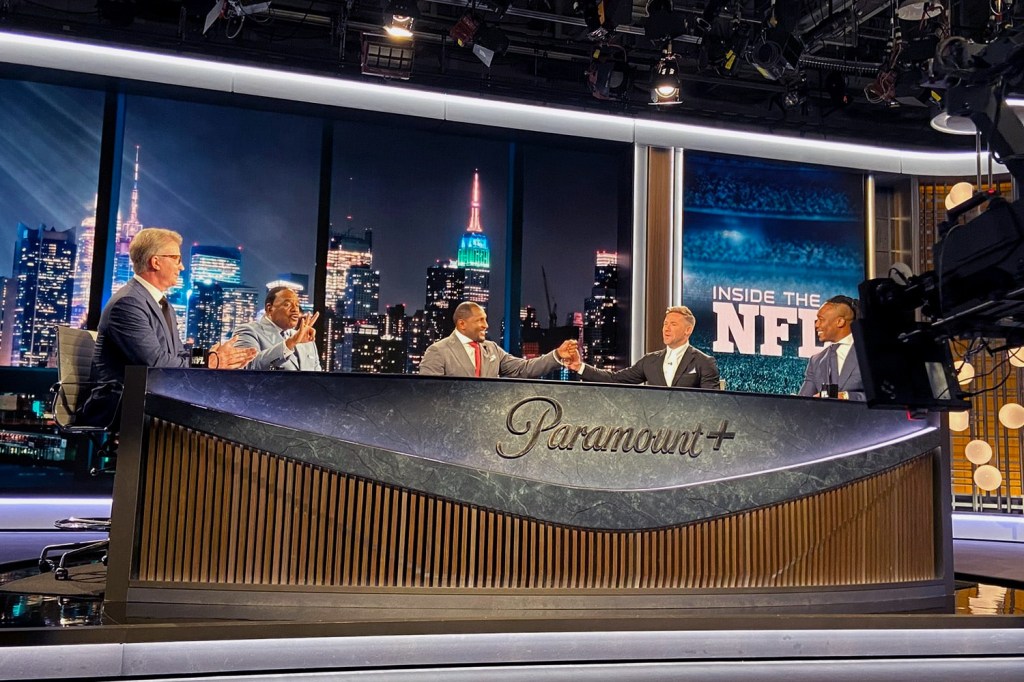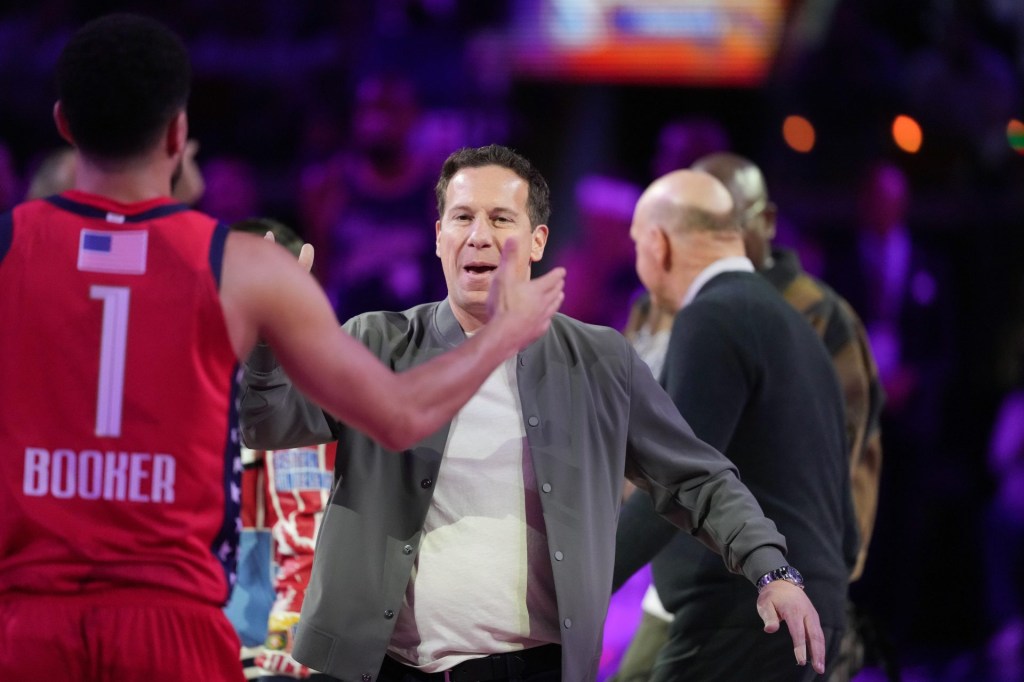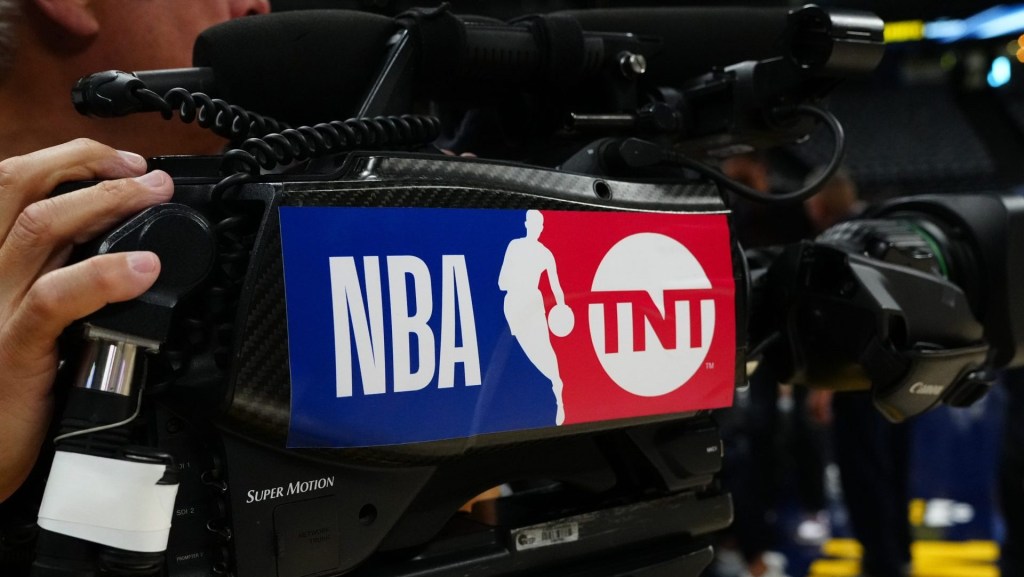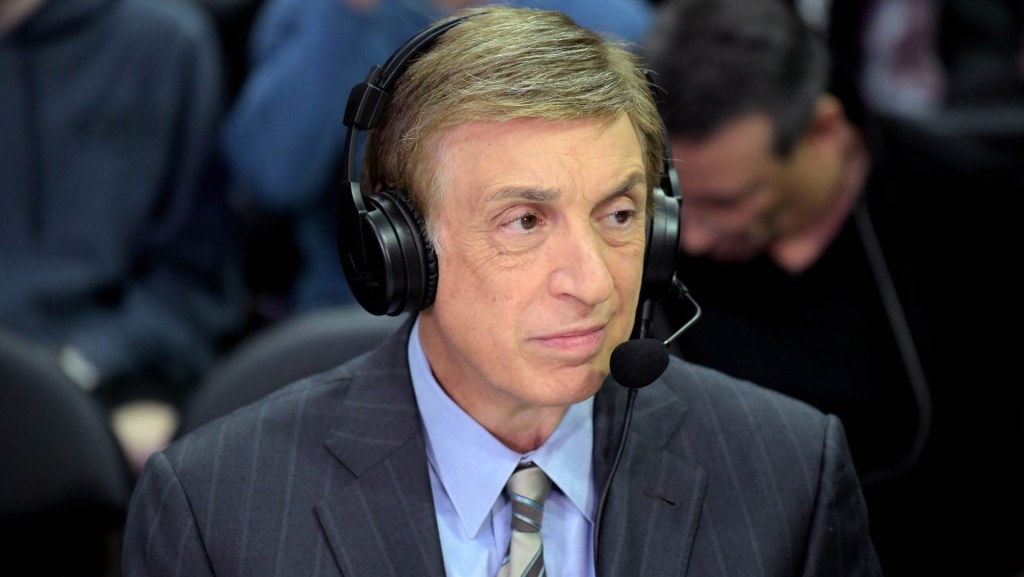Just as over-the-air television asserts a key role in sports broadcasting’s future, a potentially market-shaking deal looks to redefine this part of the industry.
Texas-based Nexstar Media Group has entered into a definitive agreement to acquire Tegna Inc. in an all-cash deal that values the fellow broadcaster at $6.2 billion. While not strictly about sports, the deal, if it closes, will create a powerful entity with 265 stations in 44 states and the District of Columbia, covering 132 of the 210 top television markets, including 9 of the top 10.
Tegna already has a series of local sports rights that includes a growing number of teams in the NBA, MLB, NHL, and WNBA. Nexstar, the controlling parent company of The CW, has a similar—and growing—sports presence in MLB, the NBA, college football and basketball, and lower-level NASCAR and pro wrestling. Those rights have accumulated as the reach and free consumer access to those stations have provided a key answer to the growing decline of regional sports networks and accelerating cord-cutting.
The deal is projected to close in the second half of next year.
“This transaction comes at a time of rapid change in our industry and reflects the fact that policymakers of all perspectives are calling for regulations governing our industry to be modernized,” said Tegna board chair Howard Elias.
Broader Framework
To Elias’s point, the agreement closely follows a series of other media mega-deals, including Skydance’s $8 billion takeover of CBS Sports parent company Paramount and the equity deal between ESPN parent company Disney and the NFL. Amid a generally more permissive regulatory environment under U.S. President Donald Trump, the OTA broadcasters in particular are seeking greater consolidation, in part to compete with streamers such as Amazon Prime Video, Apple, and Netflix that have grown much more aggressive in pursuing sports rights.
At the same time, Federal Communications Commission chairman Brendan Carr, appointed by Trump, said the current cap on television station ownership—amounting to coverage of 39% of all U.S. TV households—is “arcane” and “artificial.”
“The initiatives being pursued by the Trump Administration offer local broadcasters the opportunity to expand reach, level the playing field, and compete more effectively with the Big Tech and legacy Big Media companies that have unchecked reach and vast financial resources,” said Nexstar chairman and CEO Perry A. Sook. “We believe Tegna represents the best option for Nexstar to act on this opportunity.”
There are likely some conditions in that more permissive environment, however. In approving the Skydance-Paramount merger, Carr imposed several requirements, most notably the installation of an ombudsman to oversee CBS News coverage.
Already, some over-the-air broadcasters, notably Sinclair, have been accused of being “Fox Light” and presenting a Trump-friendly viewpoint. That sentiment could intensify in the push to consolidate and the sizable market overlap in the station maps of Nexstar and Tegna.
“More consolidation is bad for local communities,” Craig Aaron, CEO of public interest group Free Press, said in a blog post. “Of course, the companies leading the charge for more consolidation see local news only as a vehicle for serving political ads and spreading right-wing propaganda. For them, this is going as planned.”
There are also financial conditions on both sides of the deal. If Tegna terminates the agreement for a better offer, it must pay Nexstar $120 million. If the pact doesn’t close because of regulatory issues, Nexstar must pay Tegna $125 million.
Editors’ note: RedBird Capital Partners backs Skydance and its RedBird IMI division is the majority owner of Front Office Sports.





![[Subscription Customers Only] Jul 13, 2025; East Rutherford, New Jersey, USA; Chelsea FC midfielder Cole Palmer (10) celebrates winning the final of the 2025 FIFA Club World Cup at MetLife Stadium](https://frontofficesports.com/wp-content/uploads/2026/02/USATSI_26636703-scaled-e1770932227605.jpg?quality=100&w=1024)











